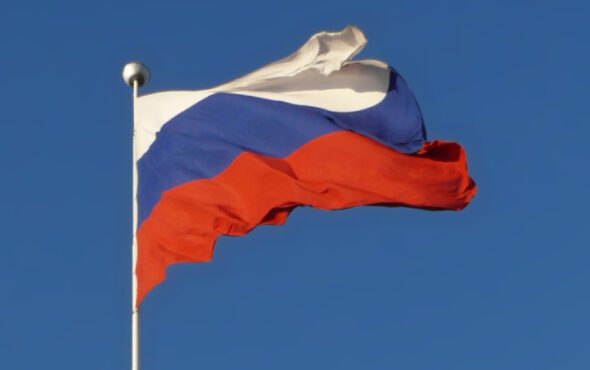
Russian lawmakers have introduced a proposal that would increase fines for individuals that violate the country’s ‘gay propaganda’ law.
Back in 2013, Vladimir Putin signed the archaic legislation into law – which bans the promotion of “non-traditional” sexual orientations to minors.
Since its introduction, the law has been used to censor media with LGBTQ+ themes, cancel Pride marches and increase hostility towards the country’s queer community.
Now, country officials are trying to tighten the already restrictive legislation by doubling the outlandish fine for those who violate the law.
According to a report from Reuters, lawmakers have proposed that entities promoting LGBTQ+ themes be fined two million rubles – which is the equivalent to over £28,000.
If an organisation or entity violates the aforementioned law online or through media outlets, the fee would be a staggering five million rubles (£72,000).
For individuals, the fine can reach up to 400,000 rubles (£6,000), while international people found violating the law could face deportation.
The proposed legislation is set to be discussed in the coming months during the State Duma Committee’s fall session.
Alongside the potential fine increase, lawmakers are also set to discuss extending the ‘gay propaganda’ law to adults – which was first proposed in July.
“Currently, liability only applies to LGBT propaganda among children. My colleagues on the committee and I would like to extend it to any propaganda of non-traditional sexual relations, regardless of age,” said State Duma Committee lawmaker Alexander Khinshtein in a statement.
Over the last few years, LGBTQ+ activists and organisations have spoken out against Russia’s ‘gay propaganda’ law.
In 2018, a report from the Human Rights Campaign titled “No Support: Russia’s ‘Gay Propaganda’ Law Imperils LGBT Youth” found that the legislation had a negative impact on LGBTQ+ children in the country.
Across numerous interviews, queer youth revealed that they were prevented from accessing inclusive education and support services. They also found that the law prevented mental health specialists from offering the necessary support.
In the report, public health and social psychology expert Dr Ilan Mayer said that “the law increases and enshrines stigma and prejudice, leading to discrimination and violence.”



